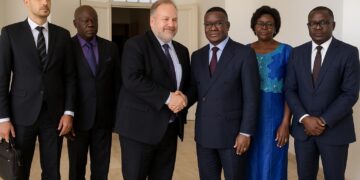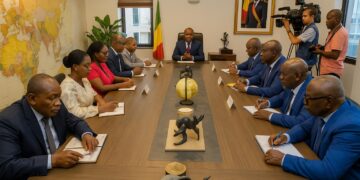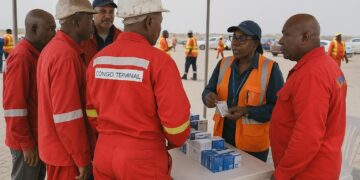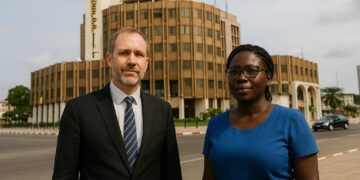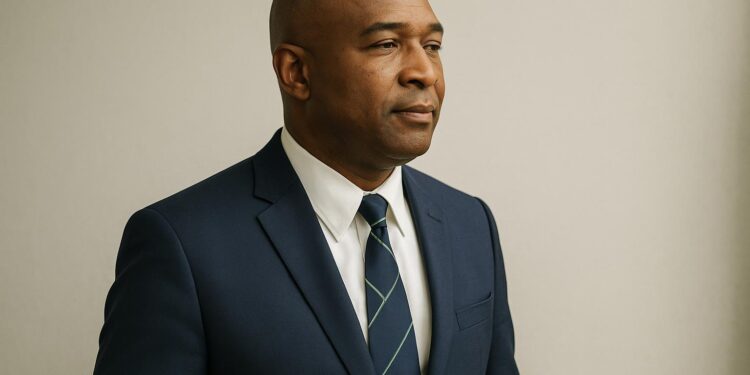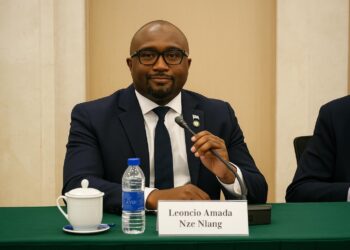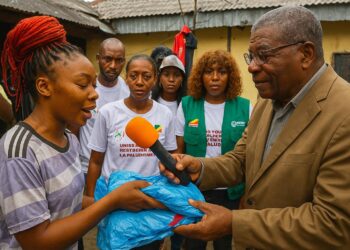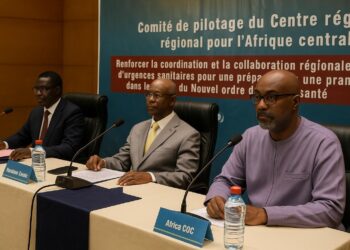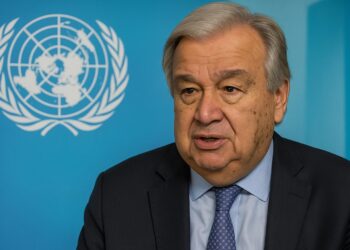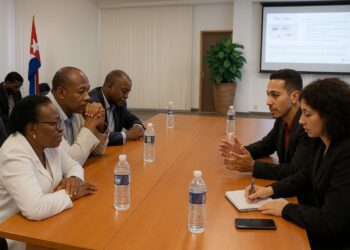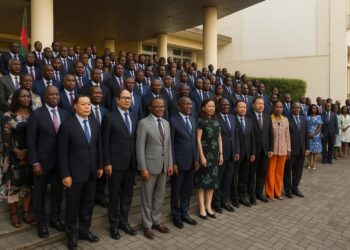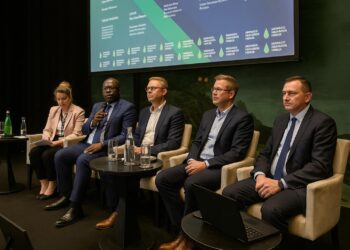Africa Steps Up in Global Gas Governance
Philip Mshelbila, managing director of Nigeria LNG, has been elected Secretary General of the Gas Exporting Countries Forum, marking a decisive milestone for African influence in multilateral energy governance and confirming the continent’s rising weight in global conversations on supply security and investment attractiveness (African Energy Chamber).
He succeeds Algerian veteran Mohamed Hamel, whose three-year tenure expanded membership and visibility. The hand-over from one African leader to another underlines institutional confidence in the region’s exporters and reassures markets seeking policy continuity amid volatile demand patterns, pricing swings and the ongoing debate on transition fuels.
Significance of the GECF Role
Created in 2008, the Doha-based GECF groups the world’s key gas producers. While not a price-setting cartel, its research unit and ministerial platforms shape narratives that investors watch closely. An African Secretary General therefore carries strategic significance for project sponsors looking to finalise offtake agreements or debt packages.
Philip Mshelbila’s Track Record
Mshelbila brings operational depth. Nigeria LNG has shipped cargoes since 1999 and commands a six-train complex on Bonny Island. Under his stewardship, the company secured financing for the long-awaited Train 7, designed to raise capacity from 22 million to 30 million tonnes per year by 2025.
His election also rewards Nigeria’s diplomatic outreach. Abuja’s Ministry of Petroleum Resources has consistently framed gas as a development enabler and climate-compatible bridge. Minister Ekperikpe Ekpo will chair the 2026 GECF ministerial session, giving the country dual leverage in both executive and political organs of the forum.
Investor Implications
For investors, the message is unambiguous: Africa wants a louder voice on contract terms, carbon regulation and financing access. The African Energy Chamber argues that fair investment conditions can unlock reserves while advancing universal electrification, industrialisation and revenue diversification across producer states (African Energy Chamber).
LNG Projects Gaining Momentum
Liquidity is already flowing into liquefaction capacity. Beyond Nigeria’s Train 7, the Republic of Congo started exports in 2024 through the Congo LNG project, whose first phase yields 600,000 tonnes annually. A second phase, targeted for 2025, aims to expand output five-fold, signalling Congo-Brazzaville’s long-term commitment.
Angola is moving ahead with its first non-associated gas development, spearheaded by the New Gas Consortium to supply the Angola LNG plant from late-2025. The positive final investment decision followed the country’s inaugural gas discovery at offshore Block 1/14 earlier this year, enhancing Luanda’s export credentials.
North-African stalwarts are consolidating capacity. Algeria plans to lift production to 200 billion cubic metres by 2030, reinforcing its position as a reliable pipeline and LNG supplier to Europe. Libya, for its part, is advancing Structures A and E, aiming to stabilise output after years of interruptions.
Further west, Senegal and Mauritania entered the LNG arena with the Greater Tortue Ahmeyim venture. Phase One, online in 2025, delivers 2.3 million tonnes annually. A second phase, now in engineering studies, could double nameplate capacity, anchoring new revenue streams for both governments.
On the Indian Ocean coast, Mozambique’s Coral Sul floating plant has exported cargoes since 2022. The TotalEnergies-led onshore Mozambique LNG and ExxonMobil’s Rovuma LNG are progressing, with Coral North having taken final investment decision in 2025 and Rovuma expected to reach FID in 2026.
Gas as a Development Catalyst
These projects converge around a core thesis: gas can simultaneously alleviate energy poverty, generate foreign exchange and support lower-carbon industrialisation. Advocates emphasise that most producing nations flare sizable volumes today; monetising those molecules via LNG delivers environmental and fiscal dividends without compromising Paris Agreement commitments.
However, funding conditions tighten as some multilaterals phase out fossil-fuel lending. African producers therefore rely on commercial banks, export credit agencies and equity partners from Asia and the Middle East. A unified stance within GECF could streamline negotiations and reassure lenders about regulatory stability.
Mshelbila has hinted at priorities: strengthening data transparency, fostering technology transfer among members and amplifying the forum’s voice in COP deliberations. Observers expect an emphasis on carbon capture, utilisation and storage, a domain where Nigeria LNG already pilots lagoon-based sequestration studies with academic partners.
Continental cooperation is also gaining traction. The trans-Saharan gas-pipeline concept, linking Nigeria to Algeria, is back on discussion tables, while cross-border tie-backs between smaller West-African fields and existing plants are being assessed to optimise capital expenditure and accelerate time-to-market under current price conditions.
Ultimately, African stewardship of GECF does not alter global supply fundamentals overnight, yet it recalibrates the conversation. By aligning commercial imperatives with development agendas, Mshelbila’s mandate seeks to position gas as both a competitive export and a domestic catalyst, reinforcing Africa’s strategic relevance.







